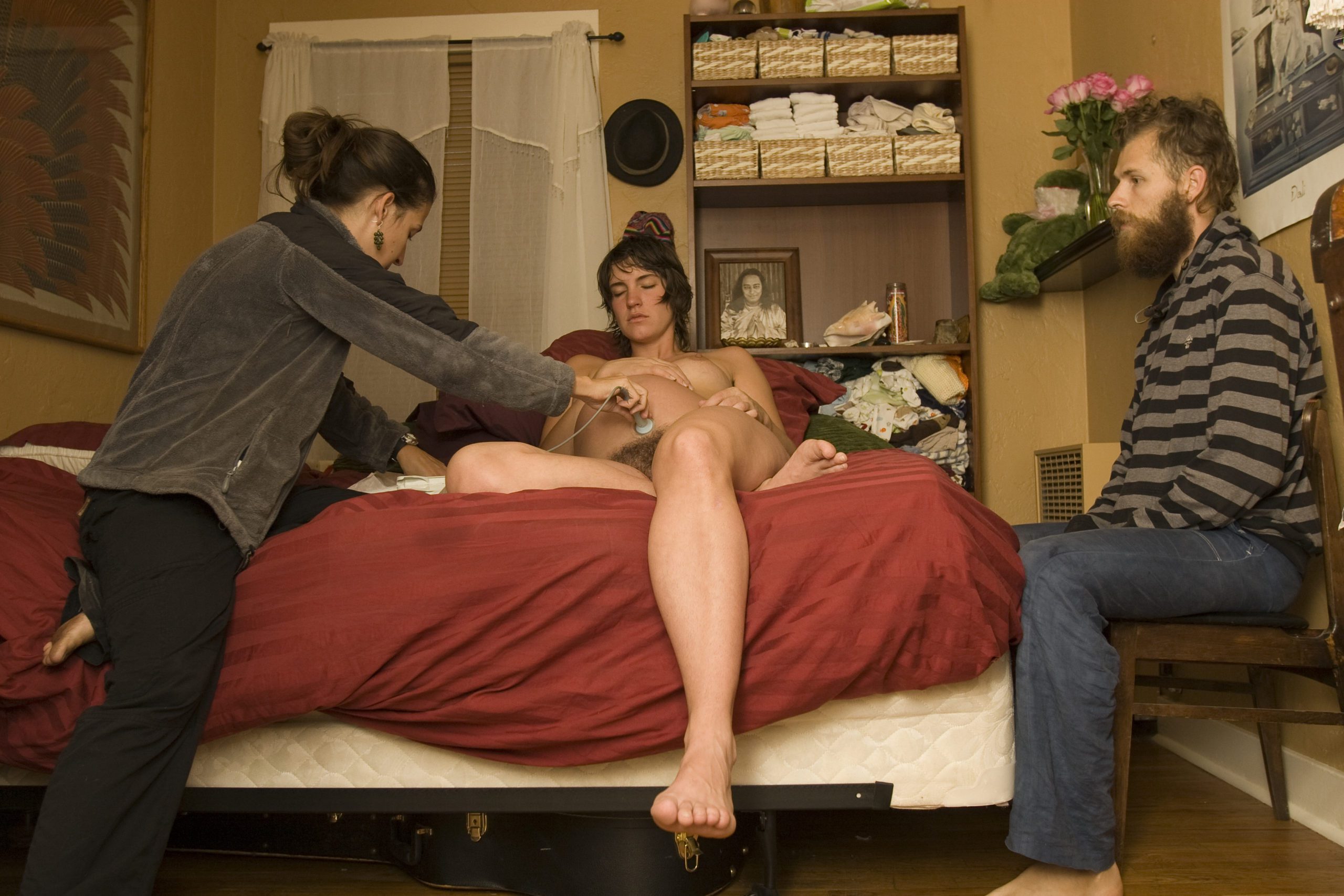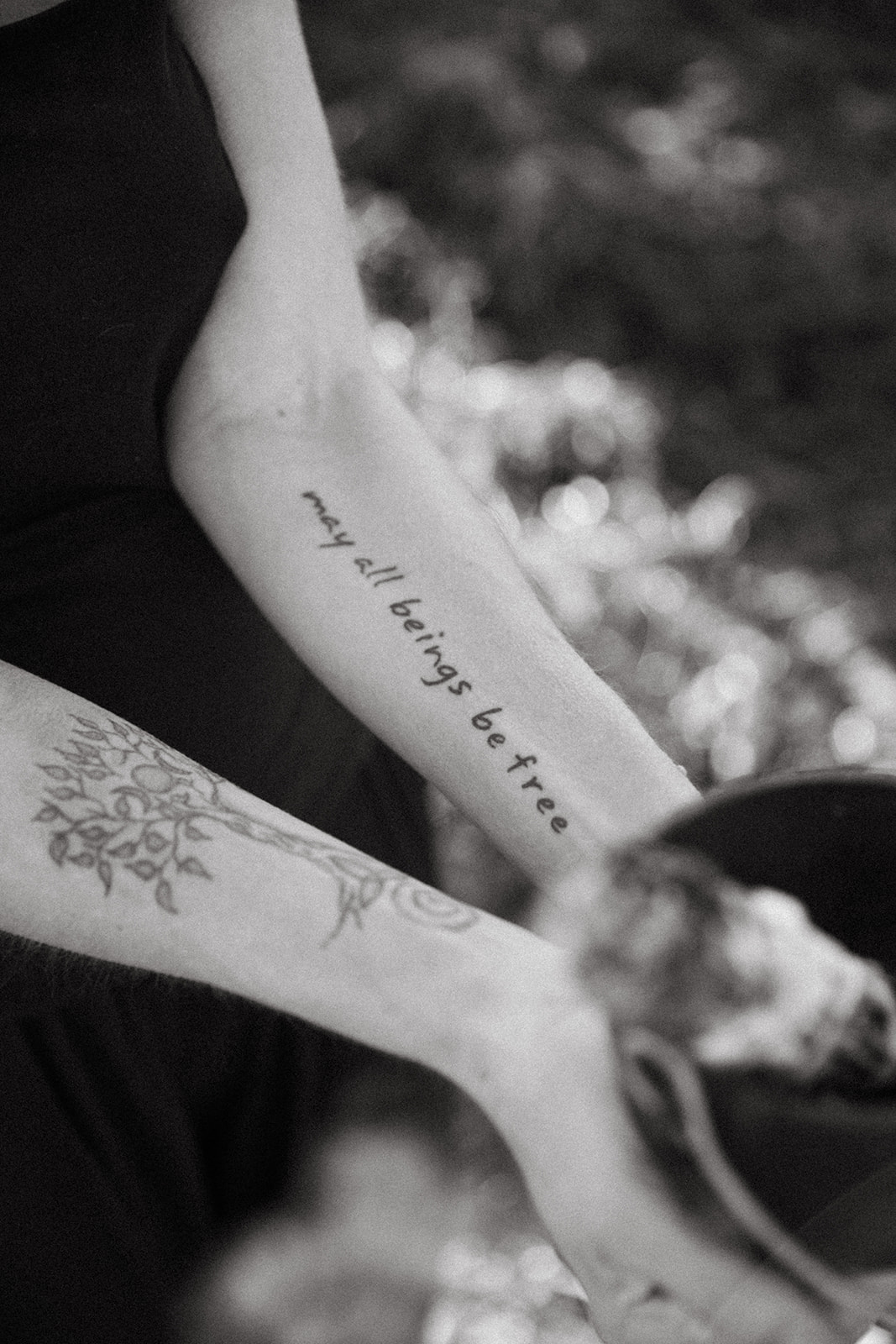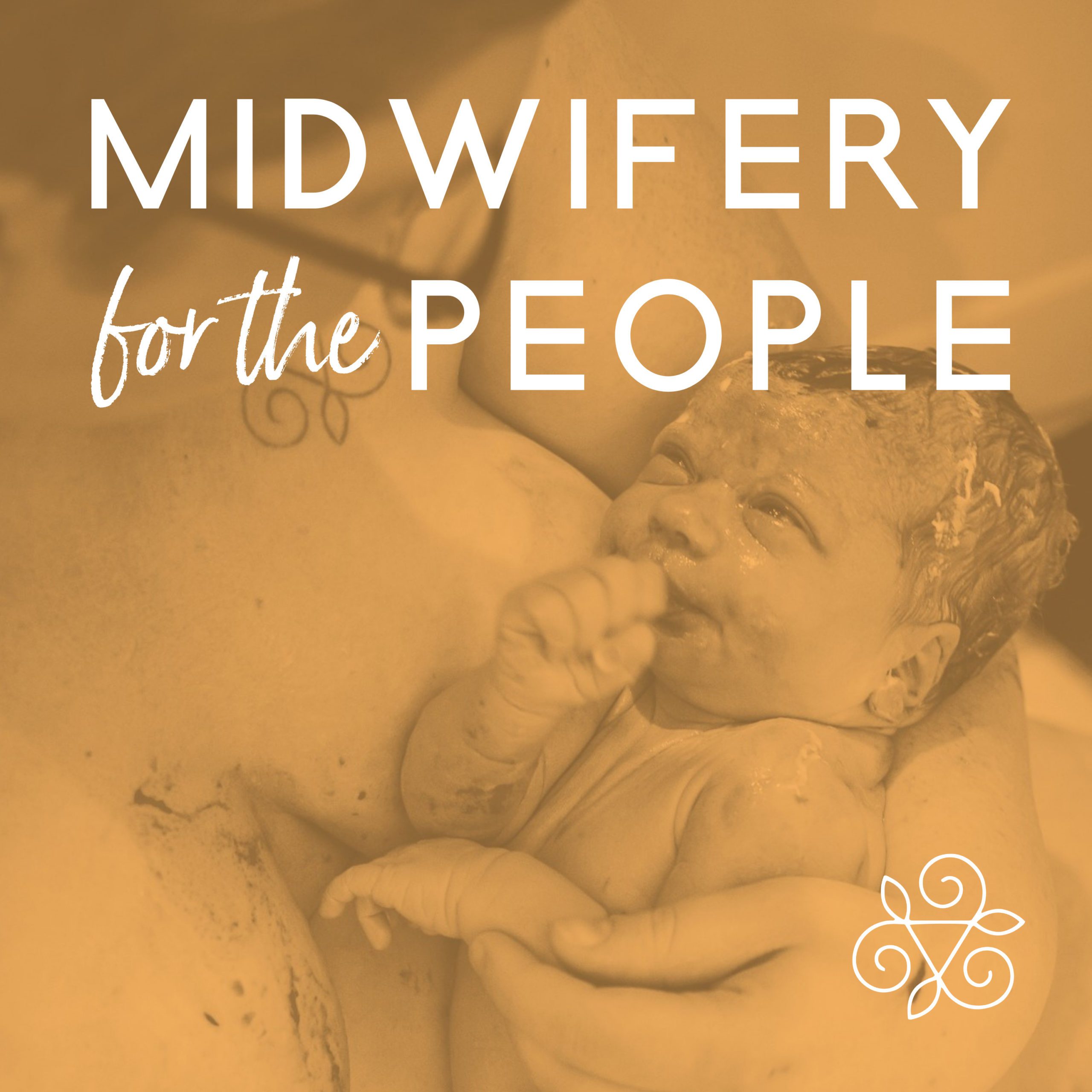[et_pb_section fb_built=”1″ admin_label=”section” _builder_version=”3.22″][et_pb_row admin_label=”row” _builder_version=”3.25″ background_size=”initial” background_position=”top_left” background_repeat=”repeat”][et_pb_column type=”4_4″ _builder_version=”3.25″ custom_padding=”|||” custom_padding__hover=”|||”][et_pb_text admin_label=”Text” _builder_version=”4.4.9″ background_size=”initial” background_position=”top_left” background_repeat=”repeat” hover_enabled=”0″ text_font=”Cardo||||||||” text_font_size=”19px”]
I talk to groups of high schoolers about midwifery once or twice a year and it is SO MUCH FUN. I am going again next week and their teacher sent me a list of THIRTY questions they had. I felt inspired to write up my answers to share with them and figured I’d share them with you, too since it is cool to see what they want to know, and you might even have had similar questions.
They are super curious, hilarious, but also mature, which is why I think this is one of the best ages to talk to young people about birth. They are far enough away from experiencing it themselves that they are not defensive, and are naturally a little rebellious and like that home birth is “different”, I think.
Are you a birth worker that talks to young people about your work? Tell me about it in the comments!
1. Weirdest house you have been inside?
Hmmmm. I have been in some really tiny houses (including a legit tiny house in the forest!) but I wouldn’t call them weird, haha. I also had my daughter in a very tiny trailer in a funky trailer park, if that counts 🙂
2. Best parts of your job?
The best part of my job is visiting women in the days after birth when they are so happy with how it went, so proud of themselves, and so in love with their new baby.
3. Is your job more happy than sad?
Oh yes, for sure. Occasionally sad or hard emotional things come up during pregnancy and birth, but even then, having real relationships and being able to give support to these women feels positive in the end.
4. Salary range?
Midwives are mostly self-employed so they make what they are able to from running their own business. Some are better at this than others, and some want/need to make more money than others, so it is a wide range. Some midwives find that they can’t make enough from midwifery if they can’t get enough clients, etc. But to give a number, I would say a hard working midwife in an area with enough clients should be able to have 1-3 clients a month, which would be able around $40-50,000 a year after taxes and expenses.
5. Most rewarding part of the job?
Getting to see how proud of themselves women are after they birth their sweet babies!
6. Why did you pick this career?
I knew I wanted to work with women, and my college degree is in Women’s and Gender Studies and Sociology. I didn’t know about midwives until I was done with college, or I might have gone into it sooner. After college, I was in a graduate program, and started thinking I might want to go a different direction with my career. I did some googling, read a bunch about midwives and knew I had found “the thing” for me! I really enjoy helping women feel strong and powerful, and there aren’t many more amazing things than giving birth (and perhaps even catching your own baby!).
7. Hardest part of your job?
Being on call and up all night, and leaving my kids (they are still little!). It is also hard to not always know what to expect month to month in terms of clients and payments.
8. What happens after the birth, do they go to a hospital?
No, there is no need (unless a rare complication comes up with mom or baby, and then yes, we would go to the hospital). After the baby and the placenta are born, we tuck mom and baby into bed, keep monitoring her and the baby as they settle in, make them food and drinks, clean up, take photos, and then do a newborn exam, check moms vitals, go over what they need to know about their baby, and then we go home and leave them to rest. We are usually there for about 4 hours after the baby born.
9. What is your schedule and hours like?
I get to make my own schedule! Except for births, the babies get to decide when those happen 🙂 I usually set aside one day a week to go around and see pregnant and postpartum moms. On busier months I might need to do 1 ½ or 2 days a week though. I do paperwork and charting from home when I can (during my kids nap time and after they are asleep at night). I also do OTHER birth work, running online birth education classes, doula programs and a 2 year midwifery program, so those things I often work on at a coffee shop a few hours at a time a few days a week.
10. What are your duties?
I have lots of duties, from interviewing with potential clients, advertising my services in lots of different ways, facilitating appointments (usually about 10 in pregnancy for each clients and 5 or 6 after the birth), being on call, taking texts and calls from clients about all the little things that come up between appointments, going to the births (!), mailing in birth certificates and other paperwork, taking photos for clients and editing them, teaching classes, keeping up on my social media accounts, and managing the flow of money in and out of the business.
11. What complications can happen or have you dealt with?
There are complications that we have warning about ahead of time and ones that surprise us. If we think that someone is sick in their pregnancy we can transfer them to medical care before the birth. Those would be things like cholestasis, pre-eclampsia, HELLP syndrome, a baby that isn’t growing well, abnormal bleeding, placenta issues like placenta previa, uncontrolled high blood pressure, uncontrolled diabetes, and other health issues.
The things that can surprise us are things like postpartum hemorrhage, shoulder dystocia, cord prolapse and the need for neonatal resuscitation. I have been a part of births where all of these things happened except for cord prolapse (it is extremely rare if we aren’t breaking people’s water, and the baby is full term). Midwives are trained to handle shoulder dystocia the same way doctors are – you just have to get the baby out by helping them make the right rotations. We are trained the same way in neonatal resuscitation as well, we just don’t have some of the fancier equipment at home that babies occasionally need in rare circumstances. If a baby comes out and needs to be resuscitated, we have all the tools and skills to help them come around most of the time, or to keep them stable until we get paramedics there to transport the baby to the hospital (they can intubate the baby if they need longer resuscitation, and they have oxygen blenders and mediations like epinephrine). For postpartum hemorrhage we carry most of the same drugs that can help stop the bleeding, and have all the same tools except for the ability to do surgery to stop the bleeding (which is very rare in a normal healthy mom). I also carry an anti-shock garment that can help stabilize someone who is bleeding en route if we are farther from a hospital. In other words, we are trained to handle these complications, or stabilize someone and transport for the rare occasions they need something more.
12. What if the baby or mom does not make it?
Luckily, maternal mortality is extremely with normal healthy women today, and most midwives will never experience this tragedy if we take precautions and are near hospital services for the occasions that we need them. Most midwives will be a part of a baby death at some point though, since it is more common. More than half of the time, whether at home or in the hospital, we never get an answer for why a baby dies at the end of pregnancy or in labor. Very seldomly a baby dies that might have lived if they had been born in a hospital. No matter what, it is always a tragedy, and I would continue to support the parents and the mother through her postpartum time to make sure they are being cared for as they grieve. I have not been a part of a stillbirth but have supported many women through miscarriages.
13. How do you help deal with pain management?
The natural hormones of labor are amazing pain relievers and why labor can be challenging and painful, I’ve never had anyone decide they wanted to go to the hospital because of the pain. We also use massage, hot packs, warm birth pools, and emotional support to help people get through the toughest parts of labor! That said, I have had a few moms look at me minutes after having their babies and say “That wasn’t so bad!”.
14. Did you have a home nurse?
I’m not sure what this means, but my guess is you are wondering if we have someone else come in to help with caring for the mom. I (and my apprentice) do all the prenatal and postpartum care. The only time a mom would see a nurse or doctor would be if they had something come up that we couldn’t deal with (major complications).
15. What do you do if something goes wrong?
First we have to decide if we can handle the issue at home. If not, and we need to go to the hospital, I would stabilize the mom and baby while either waiting for an ambulance or going in by car (whichever is faster and safer). If she goes to the hospital I will go along, or my apprentice will, depending on the situation. I would let the hospital know what was happening on the way, and once I was there I would be serving as her doula instead of her midwife since I don’t have hospital privileges (no home birth midwives do, at least not at the moment!).
16. Does your job stress you out?
Yes! It is really important for me to take care of myself with time to myself, exercise, meditation, time in nature, time with friends and with my family. If I’m not careful it is easy to get burnt out.
17. What college or education does it require?
This is a big question! I wrote a whole e-book about this in fact. Essentially there are two midwife paths – nurse midwifery and non-nurse midwifery/direct entry midwifery. Nurse midwifery requires a nursing degree and then a nurse midwifery masters degree (another two years). To become a direct-entry midwife you need to do an apprenticeship and go to about 50 births, but it is different in every state, and depends on if you want to get certified as a CPM (certified professional midwife) or not. There are academic programs (I help run a 2 year midwifery program!) but some people also do self-study along with their mentor. That is how midwives learned until the last 50 years or so in the US.
18. What is the grossest part?
Draining birth pools can be pretty gross. Or getting blood all over me and then it getting sticky (ew!). Thankfully, I am not very squeamish though, so I don’t get grossed out easily. The awesomeness of birth helps you ignore anything that would usually be gross 🙂
19. Do you have regrets about this job?
I don’t think so! Sometimes I wish I could quit and do something less stressful, but I feel like it is what I am meant to do with my life and can’t picture stopping.
20. Has a mom ever hurt/broke your hand from squeezing?
No! The only thing that has hurt me was when we have people pull on a rebozo (like a long scarf). Sometimes that makes my back or legs sore.
21. What is the youngest mom you have delivered?
The youngest mom I have worked with was 19, but I have midwife friends who have worked with younger moms as well.
22. Is your job scary?
Usually not, but it can be sometimes! Luckily I have good training and know how to handle the scary moments.
23. Have you seen or dealt with bad home environments?
I haven’t, and if someone had a bad home environment we would probably talk about having hte birth somewhere else, or I would try to help them find another option.
24. What services are included in your contract?
This is the list from my contract:
– 24/7 availability for questions or concerns from start of care up to 6 weeks postpartum
– My 50+ hour childbirth education course called 13 Moons: The Indie Birth Experience
– My travel expenses for home visits (within 20 minutes of Duluth)
– Herbal pregnancy tea. postpartum tea, postpartum sitz baths and select other herbal remedies, at my discretion
– Me and an assistant/apprentice being on call for your birth starting at 36 weeks (typically $50 a day in most professions)
– In home prenatal appointments (once every 4 weeks from 12-28 weeks, every 2 weeks from 28-36 weeks, and weekly from 36 weeks, and bi-weekly after 41 weeks)
– Midwifery services (me and an assistant) for your birth, which includes communication during early labor, and physical support from active labor until about 4 hours after birth.
– 4-6 postpartum visits for you and baby in your home (24 hours, 2 days, 4 days, 1 week, 2 weeks, 6 weeks)
– Birth certificate filing
– Birth photography and videography to whatever extent possible
25. Why don’t midwives deliver multiple births anymore?
Some do! I’ve been to one twin birth, and my midwifery mentor was at a twin birth yesterday.
26. Have you watched Call of a Midwife?
I have, but not in a few years. It is hard to watch birth stuff when I’m trying to relax since it’s my job, but it’s a great show!
27. Breech, preeclampsia, epileptic experiences?
I have been to two breech births and think breech birth is awesome. I would never stay at home with someone if they had pre-eclampsia, and have not had any of my own clients develop pre-eclampsia. The medical people think pre-eclampsia is random, but most midwives agree that at least some of the time it is a nutritional issue. I work with people who eat really well, which is what I credit that too! I had one person I was assisting another midwife with who developed pre-eclampsia, and it was someone who hadn’t eaten well during her pregnancy. Sometimes it IS random, but most of the time, I don’t think it is. I haven’t worked with anyone with epilepsy but a midwife friend of mine had a mom who was epileptic and had a nice home birth.
28. Do you become attached to the baby?
Hmmmm, not really, other than I think it is really neat to see babies grow up that I watched be born. It is pretty special. I secretly (or not so secretly) am not really even a baby person! I think they are cute and love the babies I work with, but I wouldn’t say I get attached.
29. What do you discuss with the client regarding the birth plan?
Ohhhh so much! We talk about every aspect of labor and birth during our prenatal appointments
30. How far along or at what stage do you become involved with the mom?
As early as she wants! Sometimes people interview me and tell me they are going to hire me before they are ever pregnant. I have also had people switch to me late in their pregnancies, one person at 42 weeks!
—————————————-
Well that’s a wrap! Are you a birth worker that talks to young people about your work? Tell me about it in the comments! If you are curious about birth, check out 13 Moons, and if you are interested in birth work, check out The Birth Warrior Project and the Indie Birth Midwifery School!
[/et_pb_text][/et_pb_column][/et_pb_row][et_pb_row column_structure=”1_3,1_3,1_3″ _builder_version=”4.4.9″ global_module=”19349″][et_pb_column type=”1_3″ _builder_version=”4.4.9″][et_pb_image src=”https://indiebirth.org/wp-content/uploads/2019/12/3.png” title_text=”3″ url=”https://indiebirth.org/13moons” _builder_version=”4.4.9″][/et_pb_image][/et_pb_column][et_pb_column type=”1_3″ _builder_version=”4.4.9″][et_pb_image src=”https://indiebirth.org/wp-content/uploads/2019/12/4.png” title_text=”4″ url=”https://indiebirth.org/birthwarriorproject” _builder_version=”4.4.9″][/et_pb_image][/et_pb_column][et_pb_column type=”1_3″ _builder_version=”4.4.9″][et_pb_image src=”https://indiebirth.org/wp-content/uploads/2019/12/school.png” title_text=”school” url=”http://indiebirthmidwiferyschool.org” _builder_version=”4.4.9″][/et_pb_image][/et_pb_column][/et_pb_row][/et_pb_section]





Thank you for taking the time to visit schools to talk about birth!
As a midwife, I for many years would do classes with 7th graders at a few different local schools. This was mostly in the ’70s and 80s and maybe kids were less knowledgeable then than they are today. At one of the schools, the teacher and I would always speculate who would ask “the question” which was “What happens when a lady does it with a dog?” I always wanted to pull a haughty dowager and say: “LADIES do NOT do it with dogs.” or”If you come to my house, I’ll be sure to lock up my dog.” But kindness to the young always prevailed and I would tell them that was beyond my area of expertise, but in any case no pregnancy would result, and that I had never had the privilege of attending the birth of a human/canine hybrid.